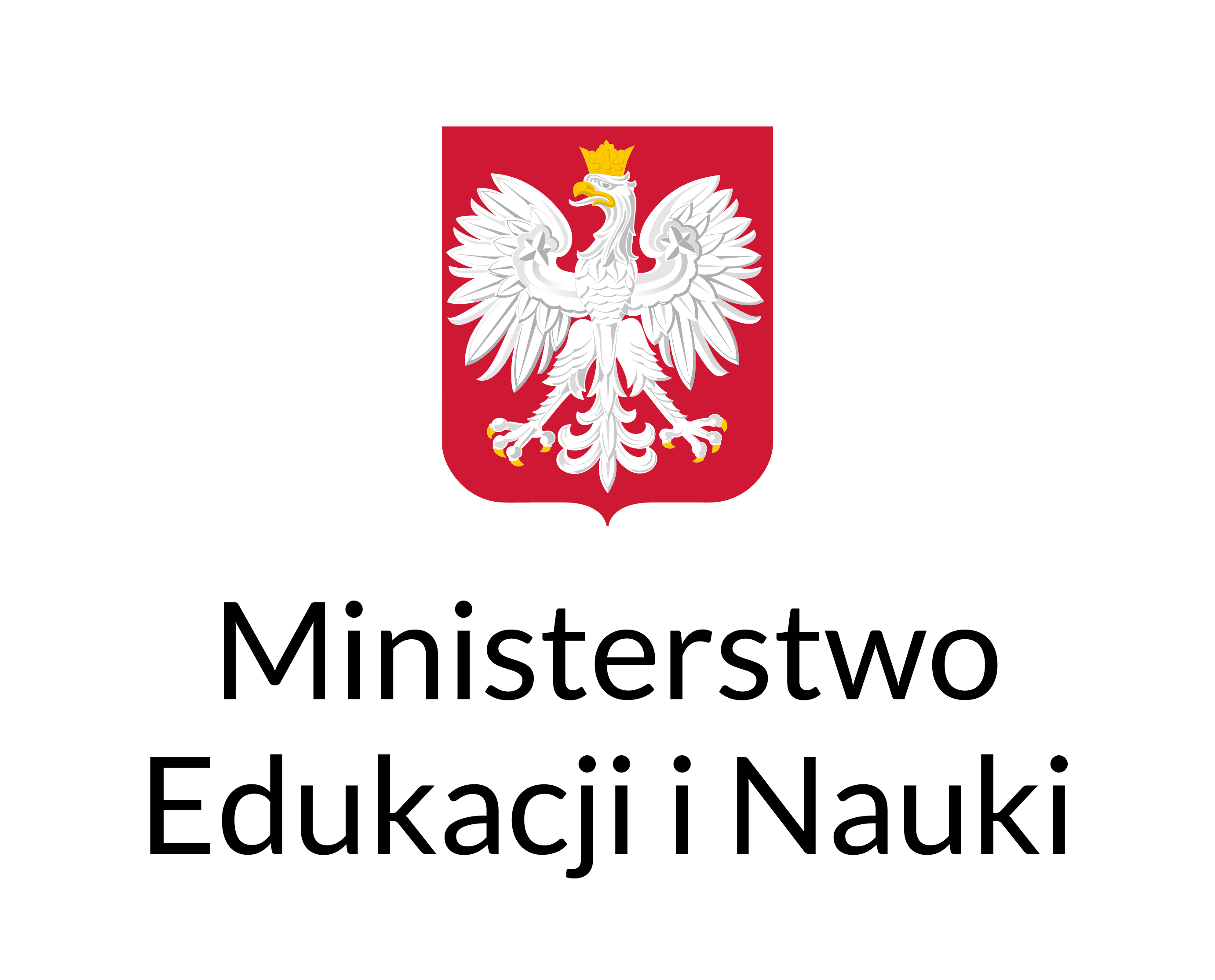Intergenerational Transfer of Family-run Enterprises by Means of Civil Law in Serbia
Abstract
Family-run enterprises are business organisations in which the reins of control are concentrated in the hands of a single family or an individual who for the enterprise aims to continue operation through successive generations of the family. In Serbia, family-run companies usually begin as an individual entrepreneurship, a form of closed company (general and limited partnership) or relatively closed company (limited liability company). The legal difficulties that arise following the death of an individual entrepreneur (natural person) differ from those following the death of a member in a company (legal entity). Companies are imbued with rights and responsibilities separate from the personal rights and responsibilities of their members. Members of a company, including the head, are not considered owners of the company’s property in legal terms. Instead, they have shares in the company, and those shares entitle them to membership (management and proprietary) rights. Thus, when a member dies, the company’s property, in whole or in part, is not subject to inheritance (although that deceased member’s share is). This differs from the situation following an individual entrepreneur’s death. The law does not recognise a natural person conducting business as an individual entrepreneur as having two legal personalities (personal and business); everything is treated as personal. Therefore, all the assets and debts of a deceased individual entrepreneur are subject to inheritance, regardless of whether or not they were accrued in the course of business. The succession of a share following a member’s death is regulated separately for each company form, and all issues not governed by the Companies Act or a company’s incorporation document are subject to the rules of Serbia’s Law of Inheritance. Inheritance rules differ greatly for a share in a personal company (general or limited partnership) and a share in a capital company (limited liability or joint-stock company). In principle, whether or not a deceased member’s rights and responsibilities can be passed through inheritance depends on the company’s form, its incorporation document, and the relevance of the heirs’ connection to the deceased and the company. The less complicated these are, the fewer the legal obstacles to inheritance.
References
Arsić, Z., Marjanski, V. (2018) Pravo privrednih društava [Law of Companies], 3rd edition, Novi Sad: Centar za izdavačku delatnost Pravnog fakulteta u Novom Sadu.
Babić, I. (2019) 'Nasleđivanje udela umrlog ortaka u ortačkim društvima' [Inheritance of deceased partner's share in a general partnershio], Pravo i privreda, 2019/4-6, pp. 97-111.
Đulić, K., Kuzman, T., Radosavljević, G. (2012) 'Nasleđivanje - najvažniji ispit za preduzetnika' [Inheritance - the Greatest Challenge for an Entrepreneur] pp. 123-140 in Trbović, A & Čavoški, A (eds.) Inovacije i preduzetništvo [Innovation and Entrepreneur] Beograd.
Đurić-Kuzmanović, T., Ljubojević, G. (2016) 'Pravni aspekti upravljanja porodičnim firmama u Srbij' [The Legal Aspects of Managing Family-run Enterprises in Serbia], Škola biznisa, 2016/2, pp. 95-110. https://doi.org/10.5937/skolbiz2-13015.
Jovanović, N. (2012), 'Ko nasleđuje udeo u ortačkom društvu?' [Who Inherits the Share in a General Partnership] pp. 23-44. in Radović, V (ed) Usklađivanje poslovnog prava Srbije sa pravom Evropske unije [The Harmonisation of the Serbian Business Law with the Law of the European Union]. Beograd: Centar za izdavaštvo i informisanje - Pravni fakultet Univeziteta u Beogradu.
Koeberle-Schmid, A., Kenyon-Rouvinez, D., Poza, E.J. (2014) Governance in family Enterprises: Maximizing Economic and Emotional Success. New York: Palgrave, Macmillan. https://doi.org/10.1057/9781137293909.
Marjanski, V. (2020) 'Raspodela dobiti članovima društva s ograničenom odgovornošću i razlike u odnosu na druge isplate korporativno-pravnog karaktera' [The Distribution of Profit to the Members of a Limited Liability Company and Differences to Other Payments of Corporative-legal Nature] Zbornik radova Pravnog fakulteta u Novom Sadu, 2020/1, pp. 215-243. https://doi.org/10.5937/zrpfns54-26336.
Marjanski, V. (2015) 'Sticanje sopstvenog udela društva s ograničenom odgovornošću' [Acquiring of own share in a limited liability company], Zbornik radova Pravnog fakulteta u Novom Sadu, 2015/2, pp. 679-680.
Marjanski, V., Dudás, A. (2020) 'Some Current Problems with the Regulation of Limited Liability Companies in Serbia', Central European Journal of Comparative Law (1), pp. 131-145; https://doi.org/10.47078/2020.1.131-145.
Šogorov, S. (2000) 'Pripisivanje dobiti i gubitka članu ortačkog društva' [Attribution of profit and loss to a member of a general partnership], Pravo i privreda, 2000/1-2, p. 1-10.
Vukotić, M. (2018) 'Nasleđivanje preduzeća' [Inheritance of Companies], Pravo i privreda, 10-12, pp. 165-195.












